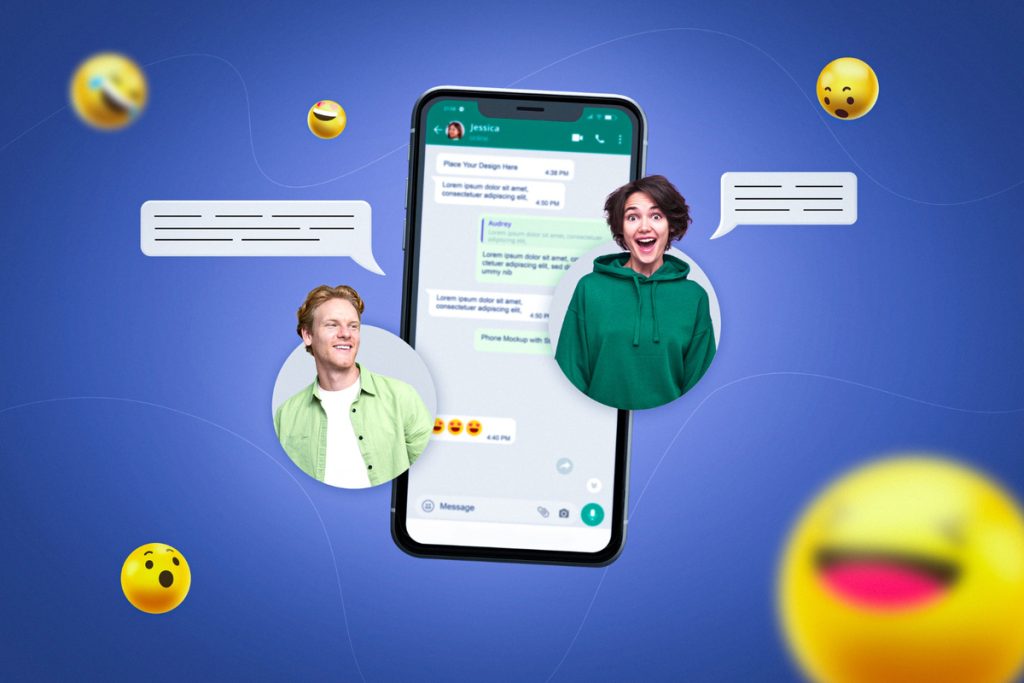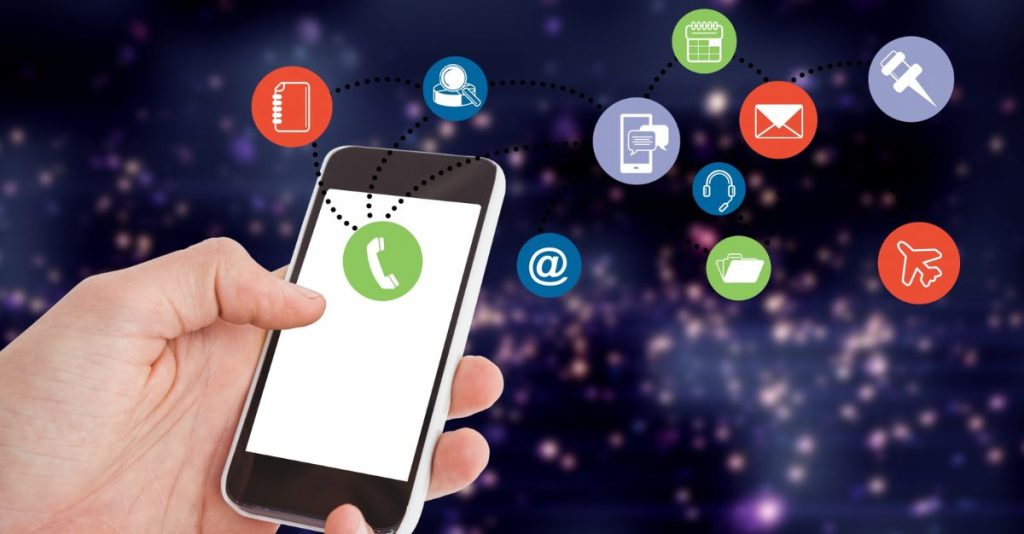In today’s dynamic digital landscape, WhatsApp has emerged as a cornerstone tool for businesses aiming to deepen customer engagement and drive significant sales growth. With an estimated global user base surpassing 3 billion users by June 2024, WhatsApp stands as one of the most widely used messaging platforms worldwide. This unprecedented reach offers businesses a unique opportunity to leverage its robust features and functionalities to foster meaningful connections with customers and prospects alike.
This article delves into the strategic integration of WhatsApp into sales funnels, exploring how businesses can harness its capabilities to enhance customer interactions and propel conversions.
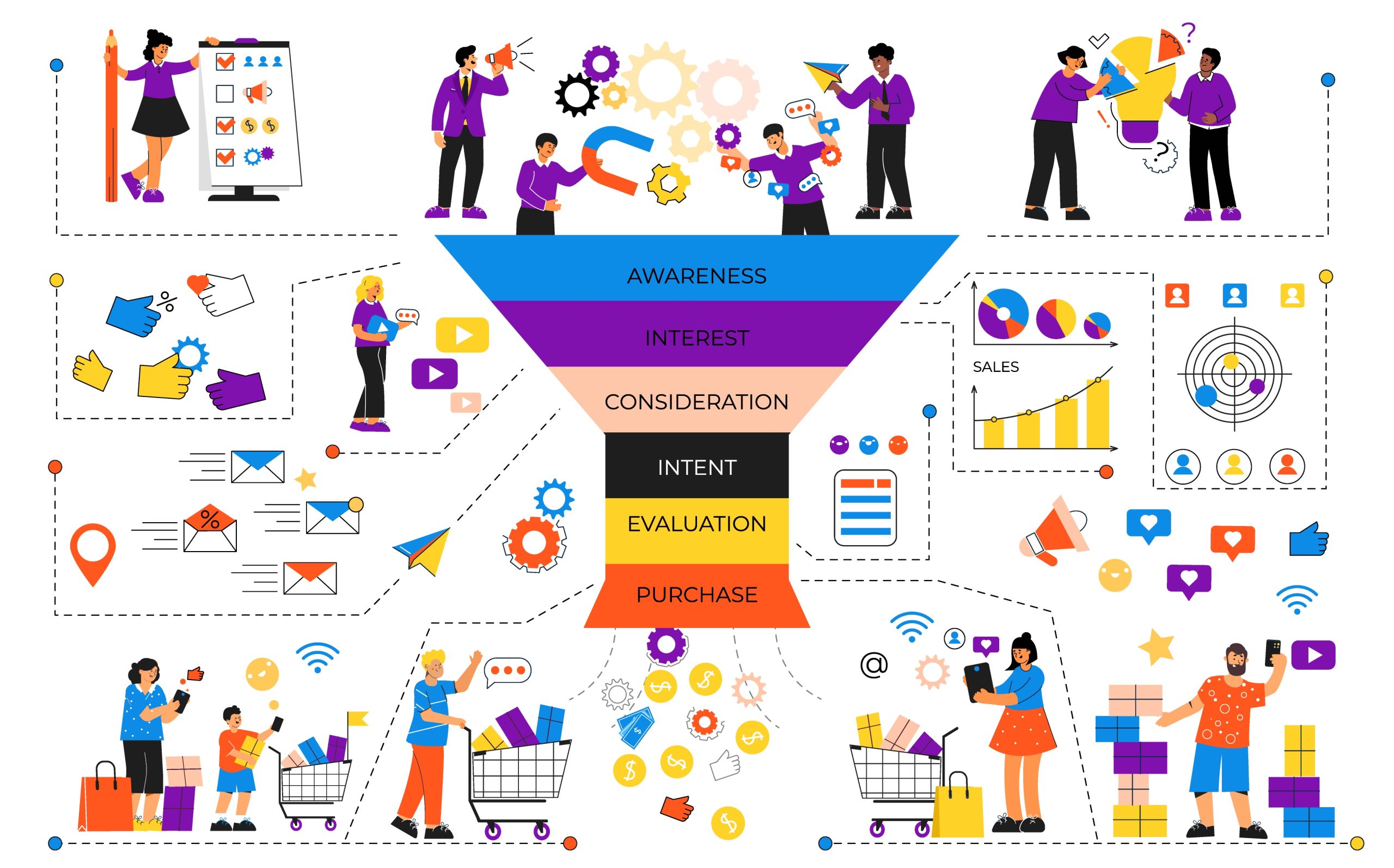
Understanding the Sales Funnel and Integrating WhatsApp into the Sales Funnel Stages
The sales funnel is a model that describes the journey customers take from initial awareness to the final purchase and beyond. Integrating WhatsApp into each stage of the sales funnel can enhance communication and improve customer experience.
Stage 1: Awareness
The awareness stage in the sales funnel is the initial phase where potential customers become aware of a brand, product, or service. During this stage, businesses focus on capturing the attention of their target audience through various marketing strategies, such as advertising, content marketing, and social media campaigns. The goal is to create brand awareness and establish recognition among potential customers, laying the foundation for further engagement and nurturing as they progress through the sales funnel.
Using WhatsApp Business for Brand Awareness Campaigns
WhatsApp Business serves as a versatile platform for businesses looking to bolster their brand presence through dynamic and engaging content distribution. Companies can leverage WhatsApp to disseminate a variety of content formats, such as articles, videos, and infographics, that spotlight their unique offerings and brand ethos. This type of engaging content not only captivates the audience but also encourages recipients to share it with their contacts, thereby organically expanding the brand’s reach and visibility within their social circles.
Promoting WhatsApp Contact on the Website and Social Media
Integrating WhatsApp contact details into a business’s digital footprint is instrumental in facilitating direct and immediate customer engagement. By prominently displaying WhatsApp contact information on the company’s official website, social media profiles, and even email signatures, businesses empower potential customers to initiate seamless interactions with just a few taps.
For instance, incorporating a clear call-to-action button on the website like “How Can I Help You?” can significantly enhance accessibility and encourage spontaneous inquiries or feedback. This approach not only streamlines communication channels but also reinforces the brand’s commitment to providing responsive and personalised customer service across multiple platforms.
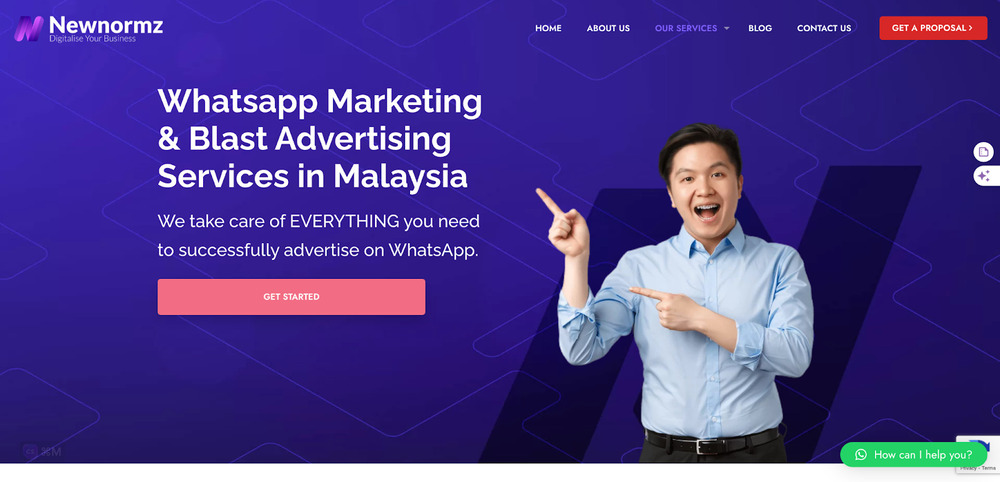
Running WhatsApp-Based Ads
Harnessing WhatsApp’s robust features in advertising campaigns can effectively drive targeted traffic and enhance user engagement. Businesses can capitalise on WhatsApp’s Click-to-Chat feature within advertisements strategically placed on popular social media platforms like Facebook and Instagram.
By enabling prospective customers to initiate direct conversations with the business’s WhatsApp channel with a simple click, businesses bypass traditional barriers to engagement. This direct conduit fosters immediate interaction and cultivates deeper connections with the audience, driving higher conversion rates and fostering brand loyalty in a competitive marketplace.
Stage 2: Interest
In the sales funnel, the interest stage occurs after potential customers become aware of a brand or product. During this phase, businesses focus on nurturing the initial interest generated in the awareness stage. Strategies at this stage include providing more detailed information about products or services, engaging prospects with valuable content, and addressing specific needs or preferences to move them closer to making a purchase decision. The goal is to deepen engagement, build trust, and demonstrate how the offering can effectively meet customer requirements.
Engaging Prospects Through WhatsApp Business
WhatsApp Business has become essential for businesses seeking direct and personalised communication with prospects. It allows businesses to send updates, product information, educational content, and newsletters directly to prospects’ mobile devices, ensuring they stay informed about new offerings and industry insights. Businesses can efficiently distribute these messages using broadcast lists, reaching multiple contacts while maintaining individual privacy.
Moreover, WhatsApp Business facilitates immediate and responsive interaction between businesses and prospects. It enables enterprises to address inquiries in real-time, provide timely information, and offer personalised support, thereby building trust and fostering customer loyalty. By leveraging these capabilities, businesses can effectively enhance customer engagement, strengthen relationships, and drive conversions in today’s competitive digital landscape.
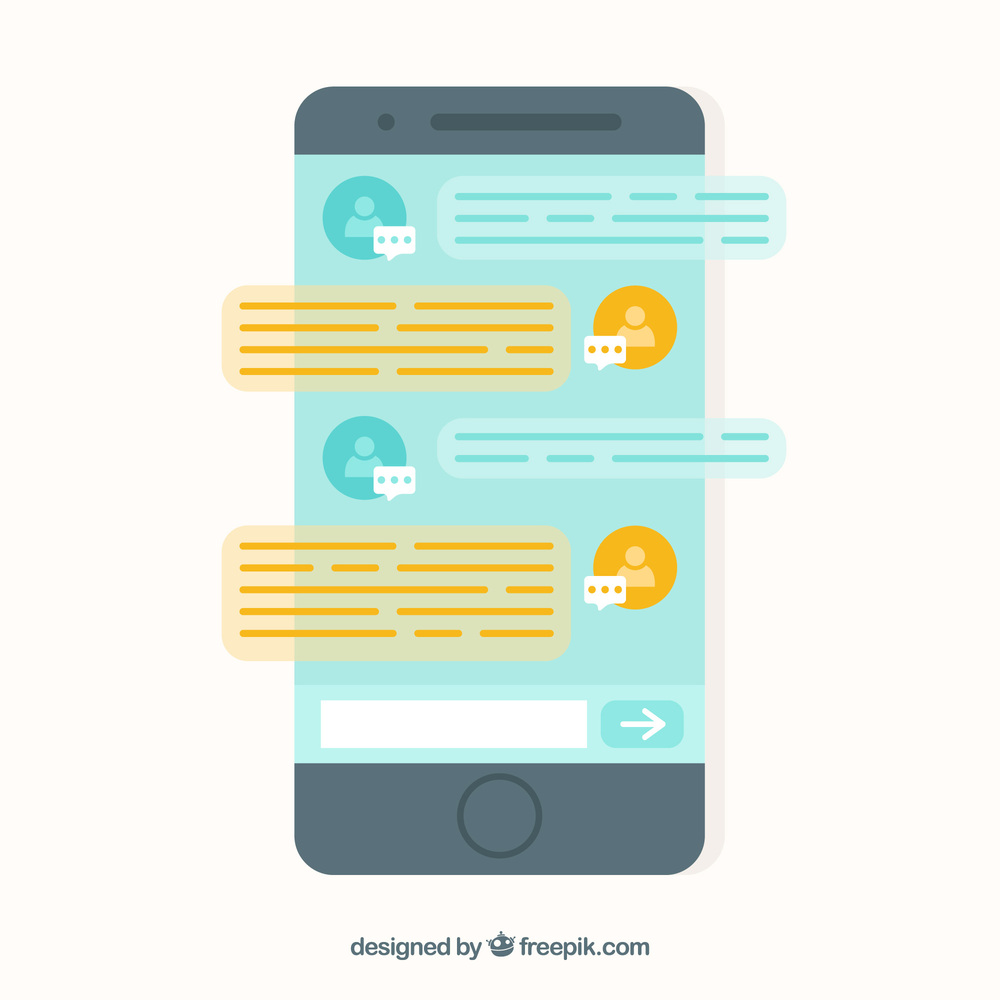
Stage 3: Consideration
The consideration stage in the sales funnel is where potential customers have shown interest and are actively evaluating their options. During this phase, they compare different products or services based on criteria such as features, pricing, and benefits. Businesses aim to influence decision-making by providing detailed information, addressing concerns, and demonstrating value through targeted marketing efforts. The goal is to nurture leads, build trust, and position their offerings as the best solution to meet the customer’s needs, ultimately moving them closer to purchasing.
Enhancing Customer Engagement Through Message and Media
Businesses can engage prospects directly through WhatsApp, providing personalised product information and recommendations tailored to the customer’s specific needs. For example, a real estate agent can enhance the customer’s decision-making process by offering detailed property descriptions, floor plans, and neighbourhood information.
To further enhance the customer experience, WhatsApp’s voice and video call features enable real estate agents to conduct real-time consultations and property tours. These features facilitate virtual interactions that bridge geographical barriers, allowing potential buyers to explore properties remotely and make more informed decisions.
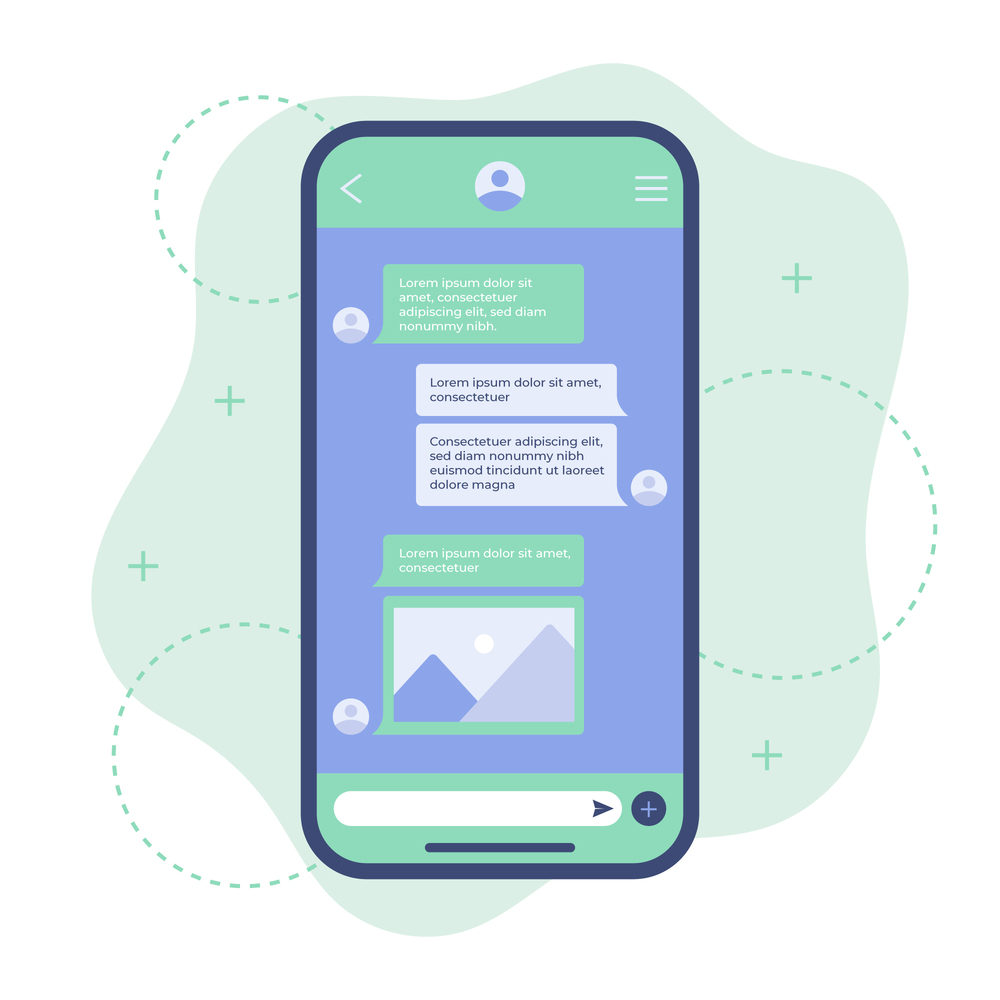
Stage 4: Intent
In the sales funnel, the intent stage occurs when potential customers have demonstrated a clear interest in purchasing a product or service. At this stage, they are evaluating their options more seriously and may engage with sales representatives, seek detailed information, request quotes, or start comparing specific features and prices. The goal for businesses is to nurture this intent by addressing any remaining questions or concerns, offering personalised solutions, and guiding the prospect towards making a purchase decision.
Businesses can leverage WhatsApp to send timely follow-up messages and reminders about abandoned carts, upcoming sales, or expiring offers, which can prompt action and reduce cart abandonment rates. Additionally, providing real-time responses to customer queries and concerns through WhatsApp helps address objections and build trust.
Stage 5: Evaluation
During the evaluation stage, potential customers are actively comparing products or services, seeking detailed information, and considering various options before making a purchase decision.
Integrating WhatsApp into the evaluation stage of the sales funnel allows businesses to establish a direct line of communication where customers can ask questions, seek clarification, and receive real-time assistance.
Businesses can utilise features like quick replies to swiftly answer common questions about product features, pricing, availability, and any other relevant details. Additionally, automated responses can be set up to provide instant information or direct customers to specific resources such as product catalogues, customer reviews, or comparison charts, aiding them in their decision-making process. This personalised interaction not only enhances customer satisfaction but also builds trust and confidence in the brand.
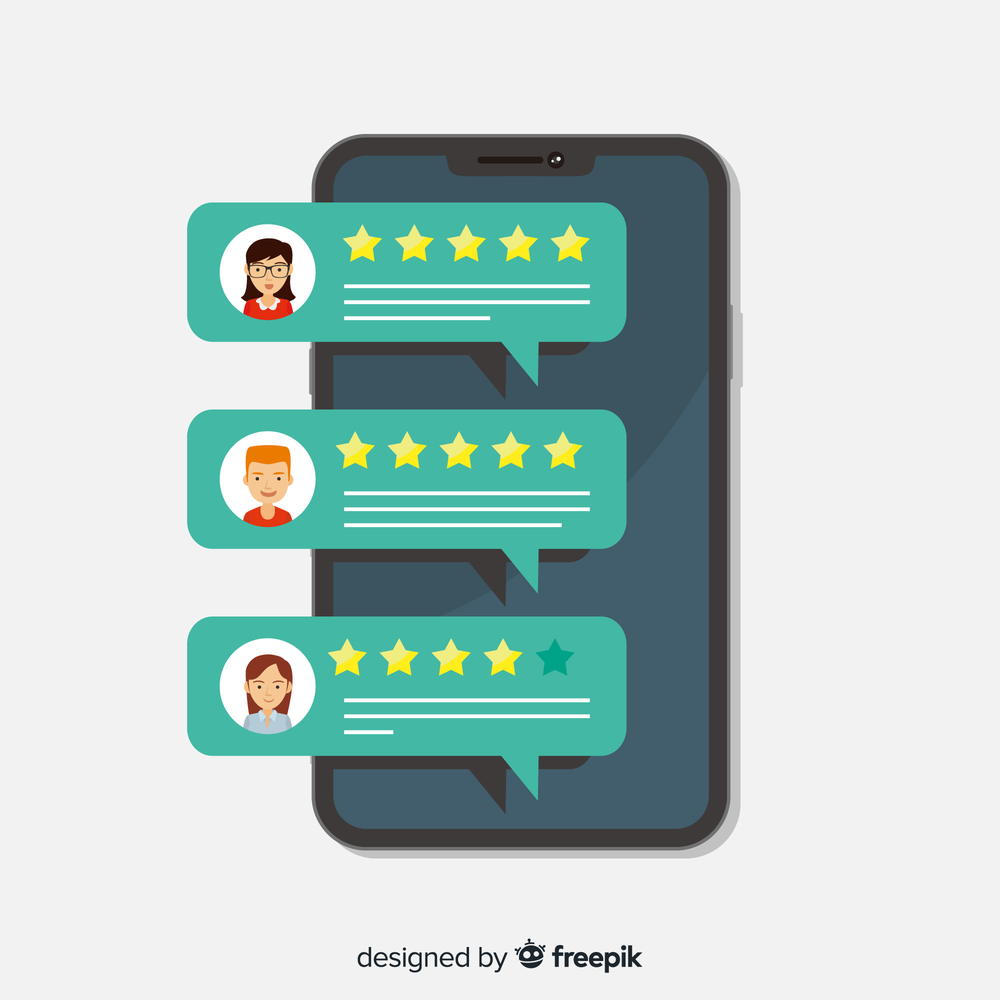
Stage 6: Purchase
In the sales funnel, the purchase stage is where the potential customer makes the final decision to buy a product or service. At this point, all evaluations and comparisons have led to a commitment to purchase. The goal for businesses during this stage is to ensure a smooth and seamless transaction process, provide any necessary support, and reinforce the customer’s decision to buy. This stage is crucial for converting prospects into paying customers and can set the tone for future customer loyalty and satisfaction.
Facilitating Direct Purchase via WhatsApp
Integrating payment options within WhatsApp allows customers to complete purchases directly through the app. For instance, a small business selling handmade crafts can receive orders and payments directly through WhatsApp. Businesses can also create a sense of urgency and exclusivity by offering special deals and discounts to their WhatsApp contacts. This can be a powerful incentive to prompt immediate purchases.
Find out more about WhatsApp business strategies here. You can reach out to Newnormz’s WhatsApp marketing team to plan out your campaigns.
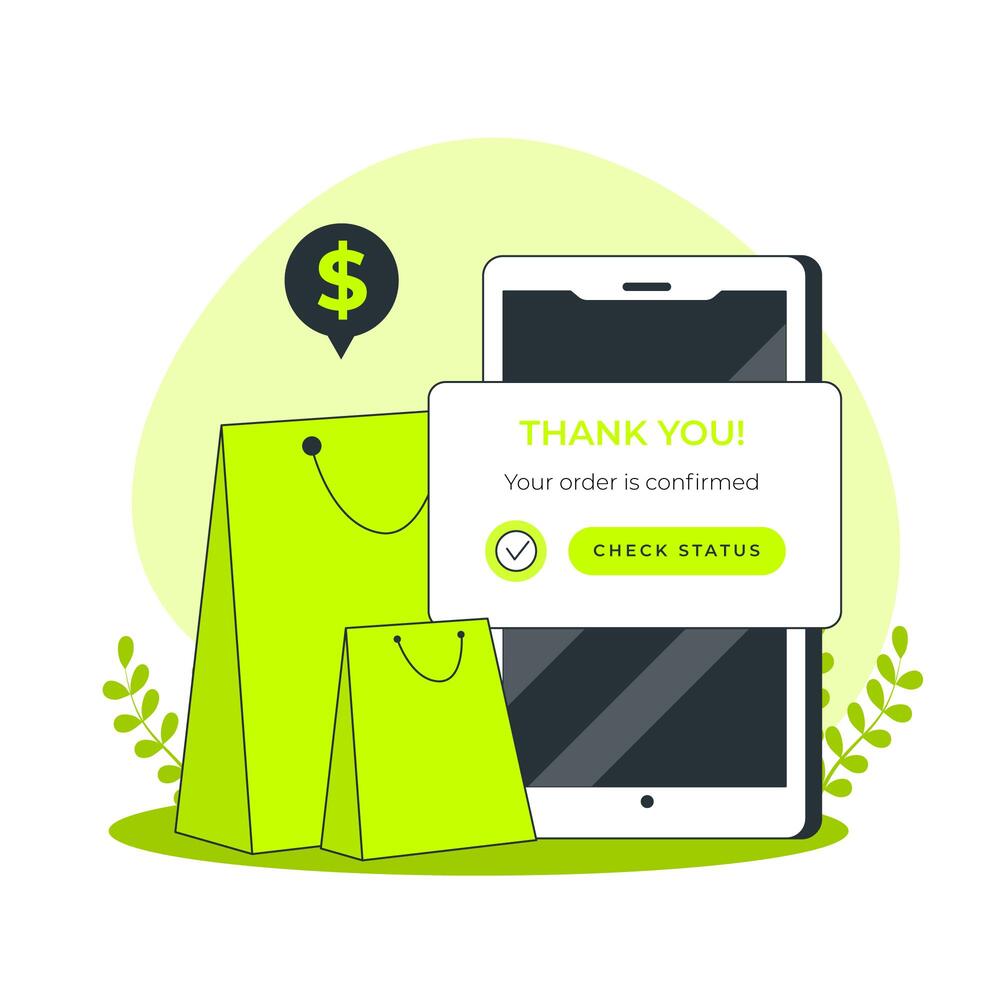
Best Practices for Using WhatsApp Business in Sales Funnels
Here are some of the best practices for using WhatsApp Business in sales funnels:
- Ensuring Prompt and Personalised Communication: Responding quickly to customer inquiries and providing personalised messages tailored to individual needs can significantly enhance the customer experience.
- Leveraging Multimedia Content to Enhance Engagement: Using images, videos, and other multimedia content can make interactions more engaging and informative.
- Maintaining Professionalism and Respect for Customer Privacy: Ensuring professionalism in communication and respecting customer privacy fosters trust and loyalty. Businesses should always seek permission before sending promotional messages and provide easy opt-out options.
- Using Automation Tools Judiciously: While automation tools like chatbots can improve efficiency, it’s important to maintain a balance to keep interactions personal. Automated responses should be designed to feel natural and helpful, not robotic.
- Monitoring and Analysing Performance Metrics: Tracking the performance of WhatsApp campaigns helps in optimising strategies and achieving better results. Metrics such as response time, engagement rate, and conversion rate can provide valuable insights into what’s working and what needs improvement.

Conclusion
WhatsApp is expected to become even more integral to sales and customer engagement strategies, with continuous improvements in features and integration capabilities. As businesses increasingly adopt WhatsApp for customer interactions, the platform will continue to evolve to meet the growing demand for personalised and efficient communication. Integrating WhatsApp into sales funnels can significantly enhance customer engagement and drive sales. By leveraging its features effectively and following best practices, businesses can create personalised, efficient, and secure communication channels that support every stage of the customer journey.
Read our ‘Ultimate Guide on WhatsApp Marketing in Malaysia’ and ‘Why Does WhatsApp Outshine SMS and Other Remarketing Tools’ articles to determine the best strategies for maximising customer engagement and driving sales.

